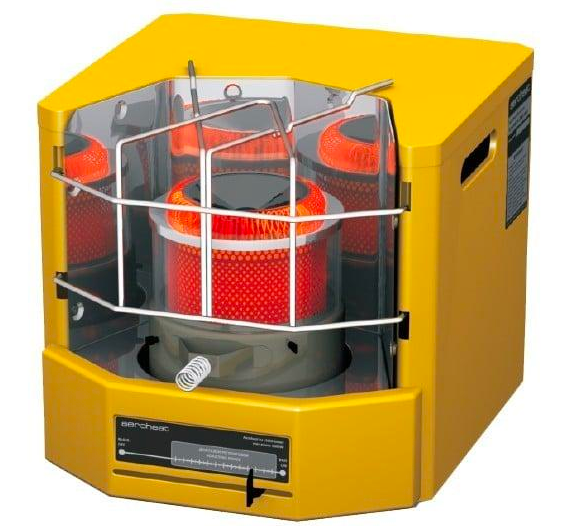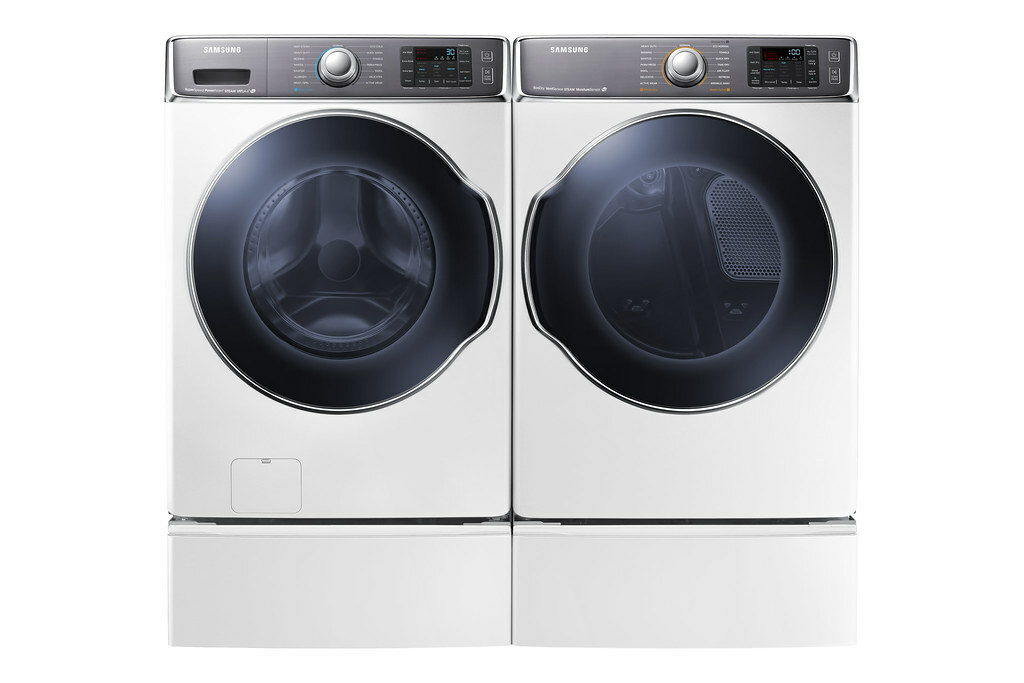
Do you think it is worth putting a heater in the garage? If you want to work in warmth even in winter, then of course, but which heater is better to install? If there is always leftover fuel in the garage, then a diesel heater would be the best option. They are becoming more popular due to the fact that they have a low cost and low fuel costs. Interested in solar heaters for your garage? Then read on and you will find out what the principle of operation of a solar heater is, what its design is, types of solar heaters, the pros and cons of solar heaters, their fuel consumption.
The content of the article
-
Types of solar heaters for the garage
- Diesel boilers
-
Diesel stoves
- Structural elements of a stove-potbelly stove in diesel fuel
- Pros and cons of solar heaters
Types of solar heaters for the garage
In total, there are two main types of heaters for diesel fuel - stoves and boilers. Below we will look at each of them.
Diesel boilers
Solar boilers operate on the principle of turbocharged gas engines:
The pump pumps diesel fuel from the fuel tank, it is transferred through hoses to the main structure, where the inflated air is mixed with diesel fuel, and an air-fuel mixture is formed. It is set on fire, and a kind of burner is obtained, and its flame gives off heat to the coolant. Usually water acts as a heat carrier. Thus, a portion of water is heated, after which it is mixed with water in a barrel. Heated water from the barrel is supplied through pipes to a residential building.
The main structural elements of a diesel fuel boiler:
- Barrel for water
- Boiler (working chamber, chimney, temperature sensors, coolant tank)
- Diesel pump
- Fan
Diesel stoves
Solar stoves are also known as potbelly stoves. They are distinguished from classic bourgeois houses by the presence of a built-in fan and the fact that they use diesel as fuel.
Their types:
- direct heated - there is no chimney, the fuel burns, and the air is heated by the flame. They are rarely used in garages and other enclosed spaces due to the lack of a chimney (gas accumulates in the room).
- with indirect heating - from a tank with diesel fuel, fuel enters the combustion chamber, where it mixes with air and is ignited, the resulting heat is transferred to the heat exchanger, which directs the flow of warm air into room. No chimney.
Structural elements of a stove-potbelly stove in diesel fuel
- Fuel tank and valve
- Screw for adjusting the supply of diesel fuel
- Frame
- Lattice
- Flame deflection plate
- Combustion chamber/burner
Many users tune their stoves, adding automation to them - a flame control system, temperature sensors, and heating temperature adjustment.
Solar stoves are more mobile and smaller than boilers. Most often they are installed in small household premises - garages, security posts, construction sites, private and country houses, small residential premises.
Diesel stoves are more popular than boilers. This is due to their size - mobile stoves are often taken on a hike, trips. Users can quickly organize heating in an emergency. An additional plus is the ability to cook on them.

Pros and cons of solar heaters
Diesel fuel is not the ideal way to heat a house, gas is still better and cheaper. But why do users still use such heaters? A matter of opportunity and cost of installation. Gas pipelines are not everywhere, sometimes you have to lay gas pipes yourself, and not everywhere they can be laid. For example, in the garage and commercial premises. Additionally, in order to connect to the central gas system, you need to obtain several permits and sign documents. For all this, you will have to pay a lot of both money and nerves.
That is, diesel-fueled heaters are the best of the worst. Their main advantages:
- Low installation/manufacturing cost
- No special permissions required
- Low cost (compared to electricity, oil)
- Ease of use (compared to wood stoves)
Of the minuses of such devices:
- Unpleasant odor from sunburn
- Requires only high-quality DT
- High explosiveness (there are no official manufacturers of diesel fuel heaters, there is also no guarantee, reliability depends on who made it)


